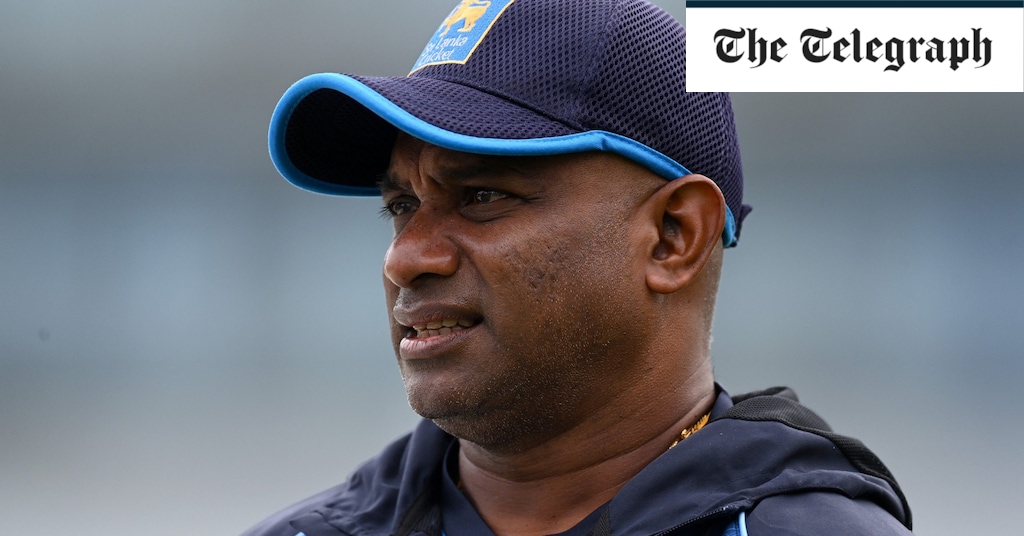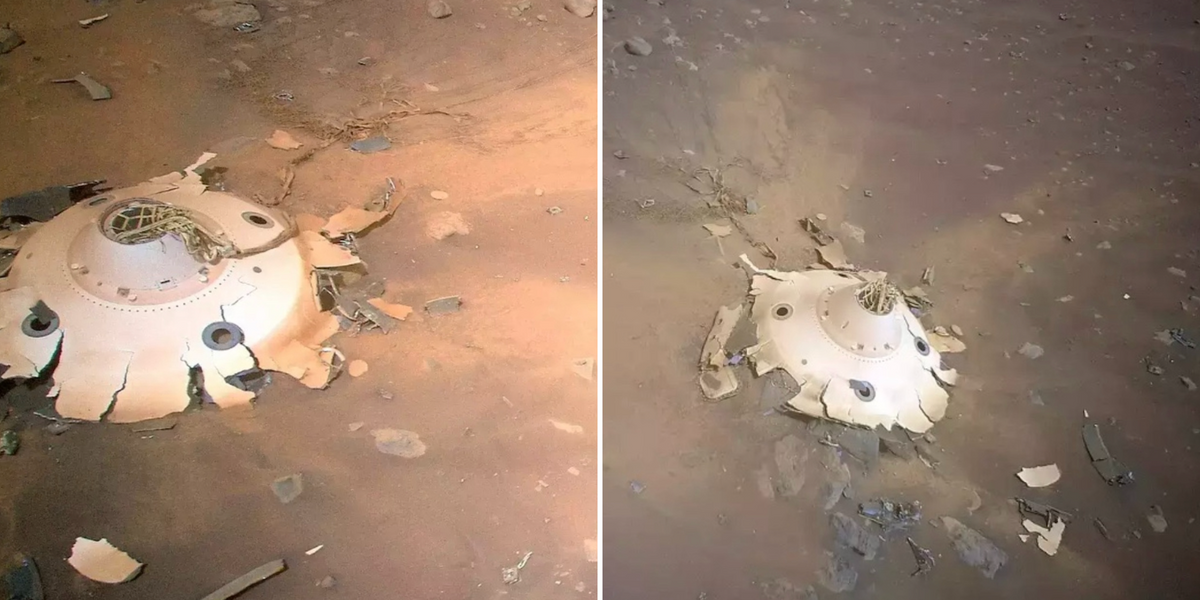Sri Lanka's Cricket Conundrum: Jayasuriya's Return Raises Corruption Concerns

Sanath Jayasuriya's appointment as Sri Lanka's interim head coach last month sparked little fanfare. It seemed a natural choice to turn to a legendary former player to replace outgoing English coach Chris Silverwood, who stepped down after the T20 World Cup. However, a cloud of controversy hangs over Jayasuriya's return, raising serious questions about cricket's stance on corruption.
In 2019, Jayasuriya received a two-year ban under the ICC's anti-corruption code for refusing to cooperate with an extensive investigation into Sri Lankan cricket. Although never charged with spot or match fixing, he pleaded guilty to two charges of failing to cooperate and obstructing the investigation. At the time, he issued a statement, stating he had "always maintained a high degree of integrity" and admitted the charges for "the love of the cricket" and "to protect the integrity of cricket".
Despite the ban, Jayasuriya's swift return to a leadership role within the Sri Lankan national team, just four years after serving his suspension (which was backdated to October 2018), is a remarkable turnaround. While acknowledging his right to work in cricket again and the importance of rehabilitation, his appointment raises serious concerns about the sport's attitude towards corruption. Notably, Shakib Al Hasan, who faced a similar ban for a comparable offence, was swiftly reinstated into the Bangladesh team with no long-term consequences.
Failing to cooperate with an anti-corruption investigation is considered a serious breach of the code, akin to an athlete refusing a doping test. The code aims to encourage individuals to divulge information about potential fixing activities within the sport. Jayasuriya's case involved a particularly extensive investigation, lasting over a year, which included offering amnesty to witnesses to encourage their cooperation.
The investigation focused on a 2017 white-ball series against Zimbabwe, during which Jayasuriya served as national selector. He was accused of refusing to hand over mobile phones and a SIM card, claiming they were lost. However, investigators had already attempted to contact the devices, which continued to ring despite Jayasuriya's claims of their destruction. He ultimately admitted to the two charges and received a two-year ban.
Adding to the ongoing concerns about corruption in Sri Lankan cricket, Praveen Jayawickrama, a national team player, was recently charged with three offences related to the Lanka Premier League T20 tournament. Despite efforts to improve the situation through increased anti-corruption education and legislation, the recent appointments and allegations highlight the continued challenges facing the sport in Sri Lanka.
Jayasuriya's return is significant for his achievements as a player. A highly innovative opener, he is the fifth-highest scorer in ODI cricket and has played 110 Tests. His iconic performance against England at the Oval in 1997 remains a pinnacle of Sri Lankan cricket history. However, his return also represents a broader discussion about accountability and the need for a robust response to corruption within the sport. While Jayasuriya's cricketing prowess may be undeniable, his appointment raises fundamental questions about cricket's commitment to tackling corruption effectively.





